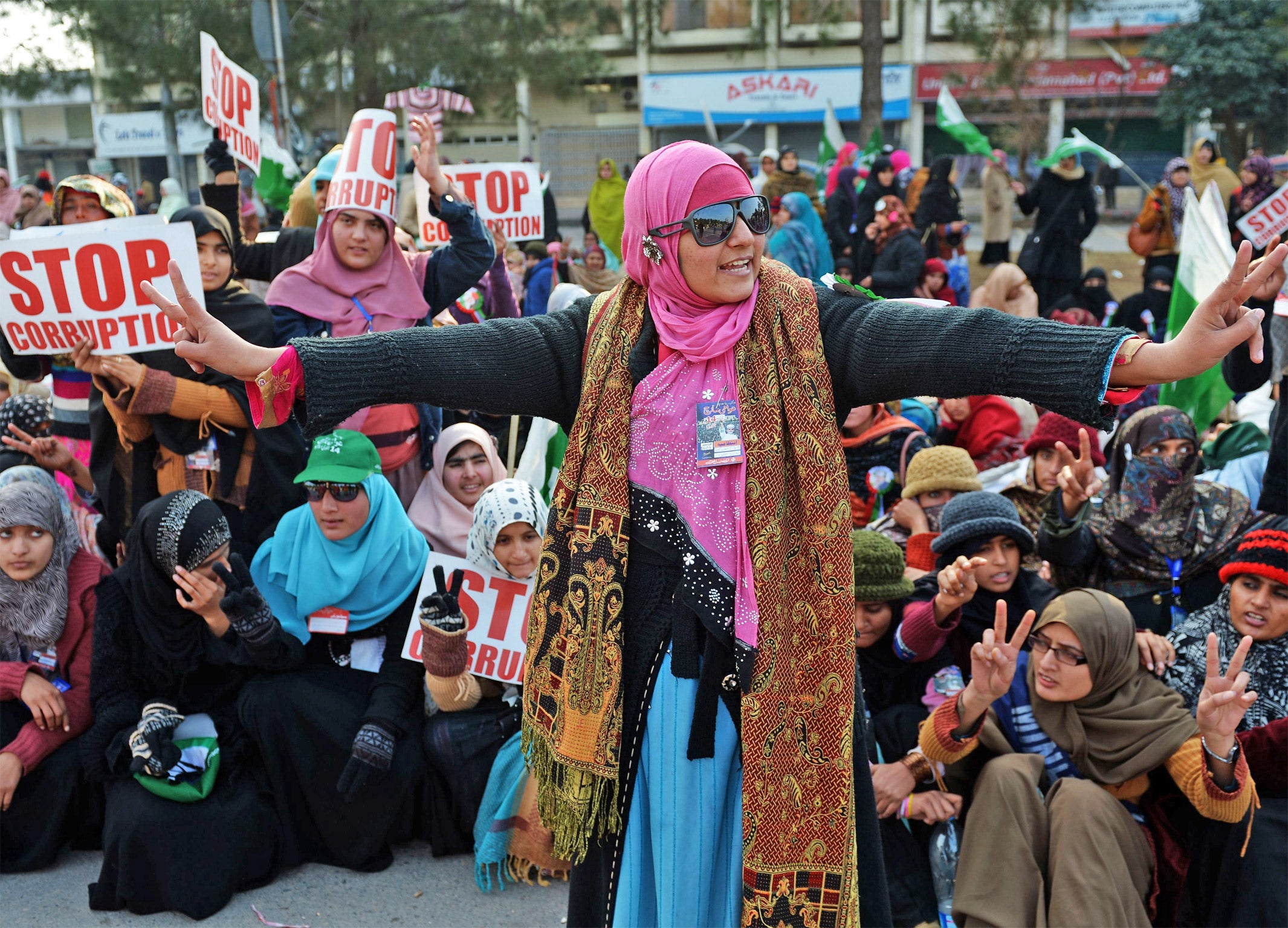Pakistan protests to India over killing of soldier in Kashmir and accuses India of 'war-mongering'

Pakistan has protested to India over the killing of one of its troops in Kashmir – the fifth soldier from both sides to die in the past week amid heightened tension. In the latest in a series of verbal salvoes being hurled by the two nations, Pakistan’s foreign minister accused India of “war-mongering”.
The Pakistani military said it would complain to the Indian authorities after one of its men was shot in a place called Kundi. India’s army chief said if a soldier had been killed, it would have been from retaliatory gunfire from the Indian side.
“If any Pakistani soldier has been killed, it may have been in retaliatory firing. Our soldiers do not cross the Line of Control,” army chief Gen Bikram Singh told reporters, according to Reuters.
Most analysts believe the heightening of tensions between the two counties is unlikely to develop into a genuine conflict, despite the jingoism of much of the media on both sides.
But it will do little to improve the ever-vexed relationship between two nuclear-armed nations that have gone to war on four occasions since Partition in 1947. Already India has responded by suspending an on-arrival visa programme for Pakistanis and sending home nine Pakistani hockey players contracted to take part in a professional league.
Late on Tuesday, while in the US, Pakistan’s foreign minister ratcheted up tension further, accusing India of “war-mongering”. Speaking at the Asia Society in New York, Hina Rabbani Khar said Pakistan was committed to keeping an open dialogue with India and was ready to talk at any time. Pakistan has denied breaching a cease-fire agreement.
“We see warmongering,” she added. “It is deeply disturbing to hear statements which are upping the ante, where one politician is competing with the other to give a more hostile statement.”
Her remarks followed comments the previous day from India’s prime minister Manmohan Singh who said it could not be “business as usual” with Pakistan. He spoke after the killing of two Indian soldiers, one of whom, Naik Hemraj, was beheaded. That incident in turn followed the shooting of a Pakistani soldier by Indian forces several days earlier.
India has expressed outrage over the decapitation of its soldier on the 450-mile Line of Control, the unofficial but de facto border between the two countries in the disputed Kashmir region. Yet, despite the outrage in India over the incident – a leader of the main opposition party said India should take 10 Pakistani heads in revenge - other reports suggest that beheadings and the mutilation of soldiers has been carried out by both sides over the last decade. A largely observed ceasefire has held since 2003.
An analysis of Indian media reports by the Kafila.org news website, detailed reports of beheadings of both Indian and Pakistani troops going back a number of years. “There is enough here that should be cause for introspection rather than war-mongering,” it said.
Meanwhile in the latest development, the Indian army released photographs of land-mines it said were laid by Pakistan and found in Indian territory. The army said there had been an increase in the number of mines found in recent months.
On Wednesday evening it was reported that India and Pakistan had agreed to “de-escalate” military tensions in Kashmir after the series of deaths of soldiers. Local media said the two military operations chiefs on either side of the LoC had reached the agreement during a 10-minute phone call.
Subscribe to Independent Premium to bookmark this article
Want to bookmark your favourite articles and stories to read or reference later? Start your Independent Premium subscription today.

Join our commenting forum
Join thought-provoking conversations, follow other Independent readers and see their replies